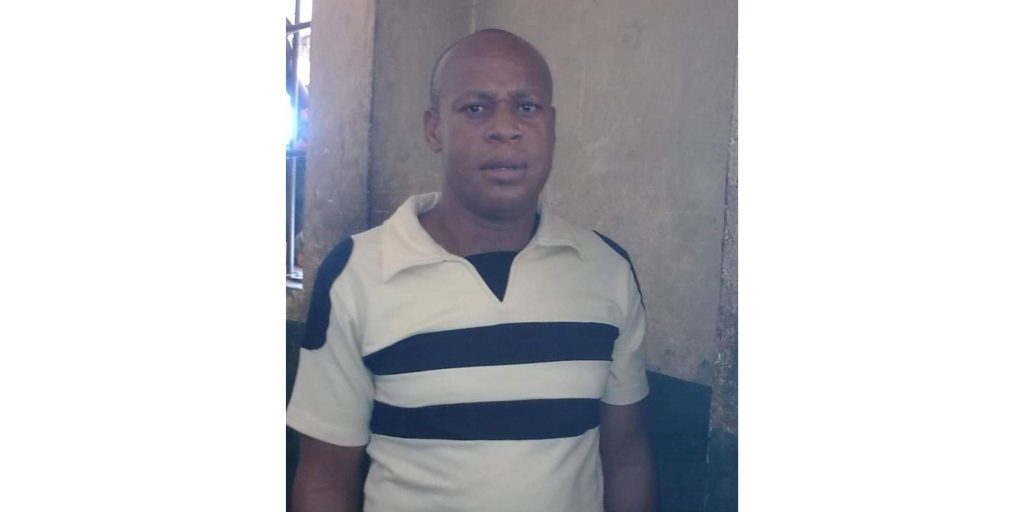
A 64-year-old Nigerian man, Kolawole Oladeji, has spent over two decades in prison after being sentenced to death for allegedly possessing a stolen generator in Ogun State.
Arrested on October 30, 1999, Kolawole claims he was innocent, maintaining that the generator was brought to his workshop for repair.
Initially detained in Ogun State, Kolawole was later transferred to the Kirikiri Maximum Security Prison in Lagos. His ordeal began after he was charged alongside three others—Sunday Oloyede, Ogbona Igbojionu, and Segun Ajibade—for stealing the generator. On January 14, 2003, he was sentenced to death by hanging.
Kolawole recounted that the generator was brought to his workshop by a customer for repairs. After completing the work, another individual, Sunday Oloyede, picked it up. He insists he had no knowledge of the generator’s origins or involvement in any crime.
“The person that brought the generator to my workshop has been released by former Ogun State Governor Ibikunle Amosun because he has people with money,” Kolawole said in a recorded audio message.
The alleged mastermind, Segun Ajibade, was freed in 2016 under Governor Amosun’s administration, leaving Kolawole and two others behind bars.
Kolawole’s prolonged incarceration has taken a heavy toll on his personal life. He revealed that both his mother and wife have passed away during his time in prison.
“In 2016, they released the guy who brought the generator to the Amosun government. He has gone home. Since then, nobody has come for me. We are three here: the driver who brought the generator and the person who wanted to sell it,” he lamented.
Kolawole’s story highlights systemic issues within Nigeria’s judicial and penal systems, including prolonged trials, unequal access to justice, and delays in addressing wrongful convictions. Advocacy groups and concerned citizens are calling for a review of his case and clemency for those wrongfully imprisoned.
As Kolawole marks another year on death row, his appeal is clear: “I didn’t rob anyone. I was just a repairer. The main culprit has been freed, but I remain here. I need help.”
This case underscores the urgent need for judicial reforms to ensure fairness and equity for all Nigerians, regardless of their socioeconomic status.





